
New Mom Shares Her Horror Story Of Going Septic Because Doctors Did Not Believe Her, Wants To Warn Others
Tyler-Marie Oates, 28, recently shared a TikTok video of a milk clot that developed while she was breastfeeding her daughter.
“In case your significant other doesn’t believe you that a clogged duct hurts, show them this,” the caption reads. “I went septic from mastitis and this was one of the many clots I passed.”
Oates, whose video has been viewed over 10 million times, told BuzzFeed that she knew something was off in April 2020, three weeks after she gave birth to her daughter, when she began to develop flu-like symptoms.
After initially brushing the symptoms off as typical parent exhaustion, she went to the emergency room when her high fever and difficulty pumping breast milk made her suspect she might have mastitis.
Tyler-Marie Oates is encouraging other mothers to listen to their bodies after she developed sepsis because of a clogged milk duct
Image credits: tylermarieoates
According to the Mayo Clinic, mastitis, which often affects breastfeeding women, is an inflammation of breast tissue and sometimes involves an infection. The condition results in breast pain, swelling, warmth, and redness.
Oates shared her concerns with doctors in the emergency room, however, the development of the infection was still in its early stage, and her breast had not yet become swollen or red. So the doctors ran blood work, two CT scans, two MRIs of her spine to check for possible complications with her previous epidural, and a Covid test.
Everything came back negative and since it was the early days of the pandemic, her Covid test results would need another day to process. Because of that, the doctor saw no reason to believe her intuition and moved the three-week postpartum mother to the Covid unit for the night.
Overnight, Tyler-Marie began to get worse and started spiking a high fever again.
Image credits: tylermarieoates
“I noticed my [breast] had started turning red, was swollen, and extremely full”
Image credits: tylermarieoates
To get a better understanding of this condition, we spoke to general practitioner, medical researcher, and founder of PrimeHealth Clinical Research, Iris Gorfinkel, M.D. She said that we need to start from highlighting that when a woman has a baby, the breast milk does not come in all at once. “Actually, it can take 3-4 days for it to arrive. And up until that time, a woman’s breast feels really soft. (There’s a mystery fluid that comes out of it called colostrum that very few people can actually see or feel, but that’s the first breast milk that comes out.) But then the breasts go from feeling quite soft and empty to feeling extremely full, sometimes even uncomfortably full. During all of this time, the baby is sucking, and that sucking triggers the mother’s breast to make more milk and also empties that breast,” Gorfinkel explained to Bored Panda.
“But the problem is that sometimes the baby’s sucking is not sufficient to fully empty the breast. This is the most common right at the beginning — after we’ve had a baby, and the milk comes in on that third or fourth day, watch out, the breast can feel hard as a brick, it can feel really heavy, and that actually makes it harder for the baby to empty it.”
The full breast is at risk for developing mastitis. “‘Itis’ just means inflammation, and ‘mast’ is breast tissue,” Gorfinkel explained the name of the condition. “One of the first signs is fever, chills, and sweats. The mother feels unwell and knows that this is different. This is not the same as the sweating we sometimes get after having a baby. This is actually shivering chills. Later, when a woman stands naked in front of a mirror and looks at her breast, you can often see a pizza pie-shaped area on the breast that is red. And if you feel it, it’s hot and it’s tender, and it’s quite swollen.”
Gorfinkel pointed out that mastitis comes right from the bacteria that normally colonize the nipple and the areola, or from the bacteria in a baby’s mouth. “It doesn’t come from improper nursing all of the time, but sometimes that can be the case too. Other times a woman does everything right, but there’s just too much milk and it’s too hard to empty the breast.”
According to the doctor, the rule of nursing is to keep that milk moving. “If it doesn’t move, there’s a risk of getting a blocked duct.”
“When I would pump, hardly anything would come out, and if it did, it was blood”
@tylermarieoatesBreast feeding is not for the week #HowIBathAndBodyWorks#MyTeacherWins#ChimeHasYourBack #mastitis #breastfeeding#medical#medicaltiktok#gross♬ original sound – tylermarieoates
Image credits: insung yoon (not the actual photo)
“There was a crazy amount of pressure, it almost felt as if my [breast] was going to explode”
Image credits: tylermarieoates
As Tyler-Marie’s fever reached 104 degrees, her heart rate grew dangerously high and her blood pressure was dropping — the early signs of sepsis, which is the body’s response to infection. Sepsis is life-threatening, and without intervention, it can often lead to impaired blood flow to major organs.
An OBGYN came into Tyler-Marie’s room, and someone from the infectious disease unit swabbed her breast. She was finally diagnosed with mastitis.
However, she was not moved out of the Covid unit and into the postpartum unit until her test result later came back negative.
Image credits: National Cancer Institute (not the actual photo)
Tyler-Marie pumped her breast for three days in an effort to suck out the infection. She was then allowed to go home. But the woman came back two days later, septic again.
At this point, the doctors came to the conclusion that she would either need to pump the clots out of her body or undergo surgery. “I was already away from my daughter for almost [a week] and was determined to get back to her,” she said.
Image credits: tylermarieoates
“I took pain meds and with the help of my boyfriend and the amazing lactation nurses, I pumped and got it out”
Image credits: tylermarieoates
Tyler-Marie passed between 10 and 15 clots, varying in size, shape, and color
Image credits: tylermarieoates
Here’s what people said after hearing her story
This can happen if you are not nursing, big FYI. Infected gland/cyst. Had one. Last year. I'm in pre-menopause. No kids. But it's worth saying. (Men, pay attention.) Ow. Just ow. took a few days to clear up for me, and yes, you can ooze some nasty AF stuff, but do not wait! If it's a lump near or under the nipple, *seek medical attention at once*. Do not squeeze, compress, etc. You m ay have a cyst, you may have an infected duct, whatever it is, you will need someone professional to deal with it. Who isn't you. (Yes, I almost self-treated. Thank goodness I didn't. Having everything numbed up and the whole cyst removed was much better.)
This makes me so angry on her behalf. It never should have gotten so bad. If doctors were educated about lactation she would have gotten proper treatment in her first trip to the ER. But of course since it's something that only effects women no need to bother teaching doctors anything, not even enough to even recognize when they need to reach out to a lactation expert.
This can happen if you are not nursing, big FYI. Infected gland/cyst. Had one. Last year. I'm in pre-menopause. No kids. But it's worth saying. (Men, pay attention.) Ow. Just ow. took a few days to clear up for me, and yes, you can ooze some nasty AF stuff, but do not wait! If it's a lump near or under the nipple, *seek medical attention at once*. Do not squeeze, compress, etc. You m ay have a cyst, you may have an infected duct, whatever it is, you will need someone professional to deal with it. Who isn't you. (Yes, I almost self-treated. Thank goodness I didn't. Having everything numbed up and the whole cyst removed was much better.)
This makes me so angry on her behalf. It never should have gotten so bad. If doctors were educated about lactation she would have gotten proper treatment in her first trip to the ER. But of course since it's something that only effects women no need to bother teaching doctors anything, not even enough to even recognize when they need to reach out to a lactation expert.

 Dark Mode
Dark Mode 

 No fees, cancel anytime
No fees, cancel anytime 



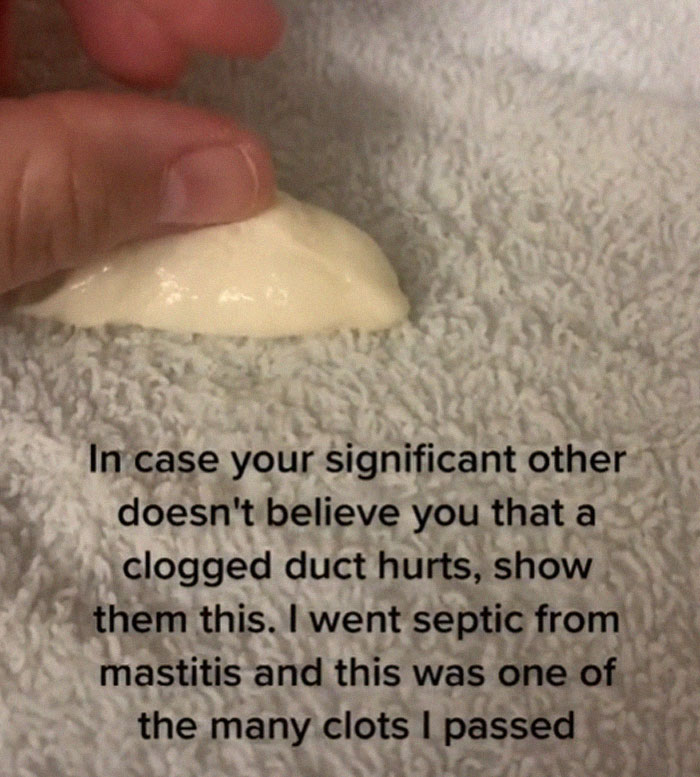
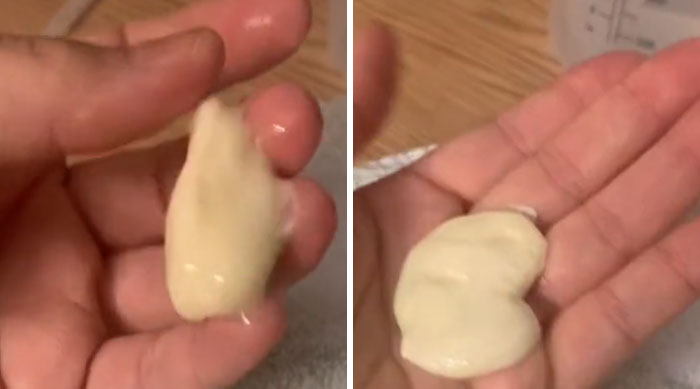
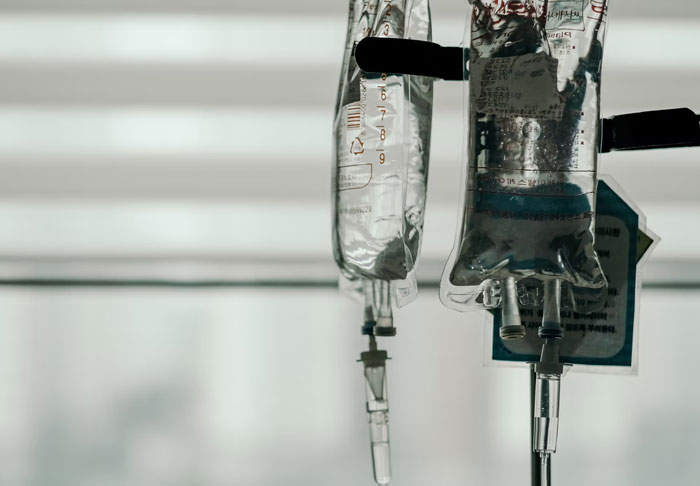
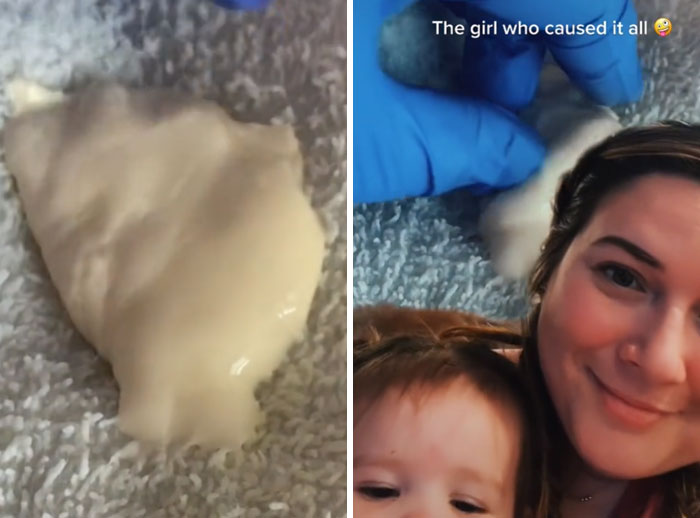

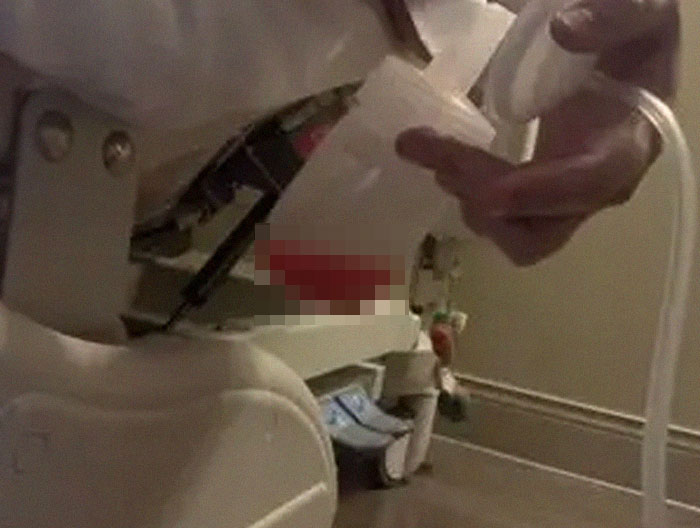

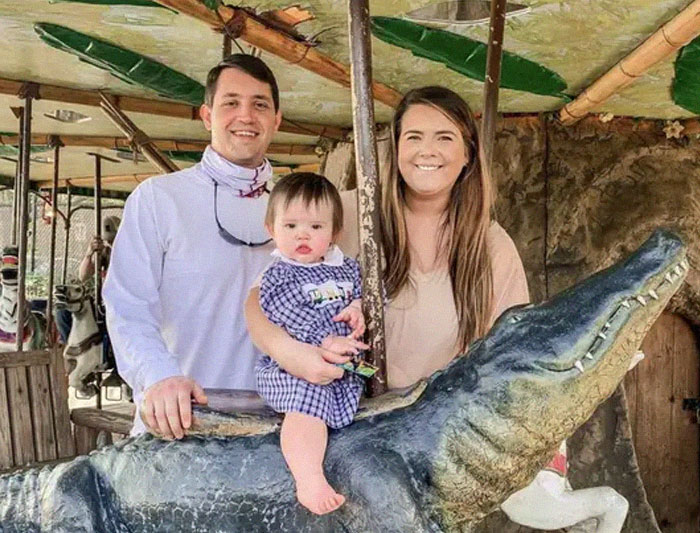





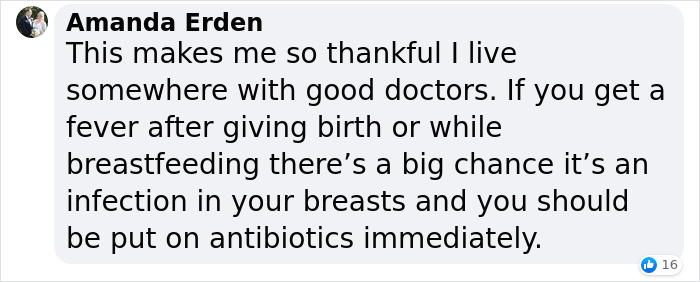

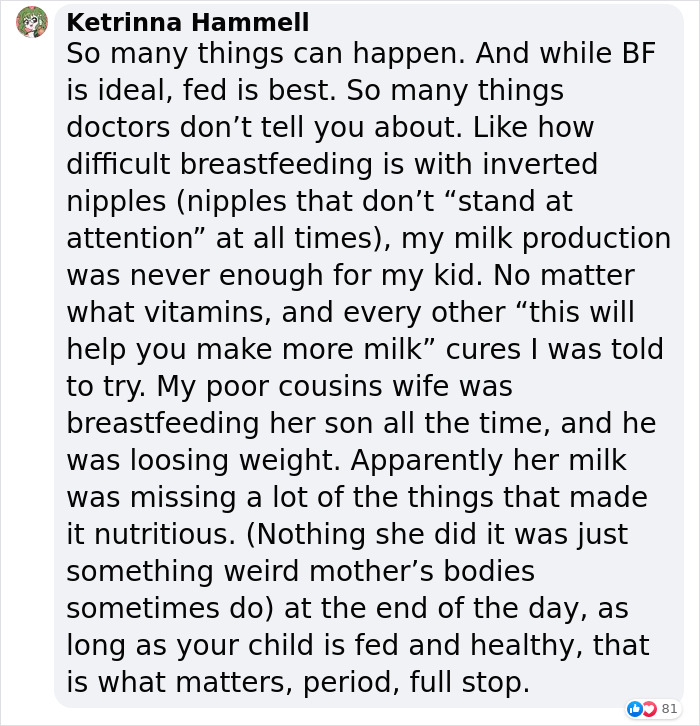
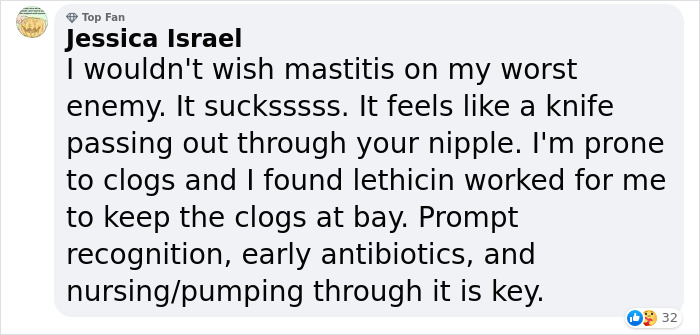
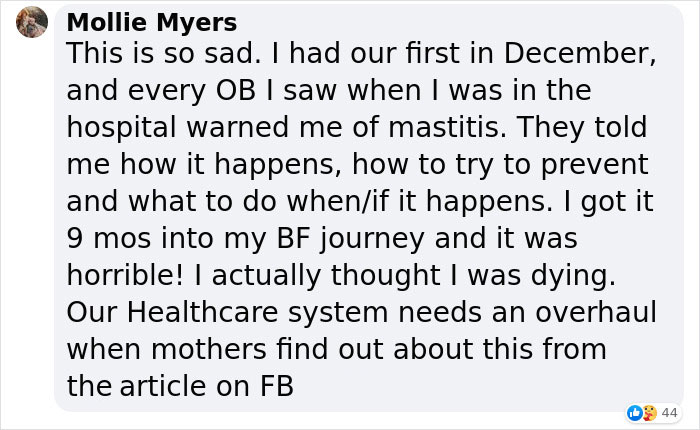
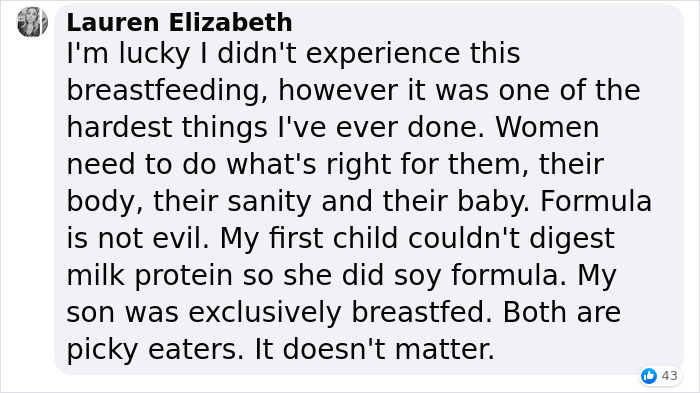













































98
25